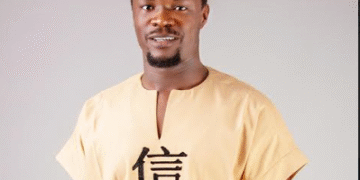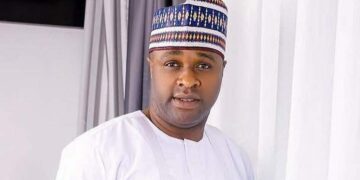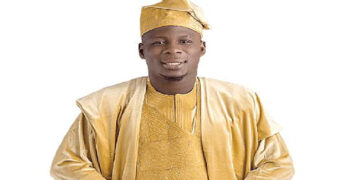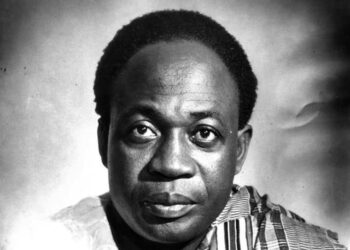
Many Nigerians are unaware that President Muhammadu Buhari had a first wife. A gentle, dignified woman who stood by him through his early military career and Nigeria’s turbulent political landscape. This is the story of Hajia Safinatu Buhari, a reserved but deeply influential woman who spent much of her life away from the public eye but left a lasting impact on those who knew her.
Early Life and Education
Born on December 11, 1952, in Jos, Plateau State, Hajia Safinatu hailed from a large Fulani family. Her parents, Alhaji Yusufu Mani and Hajia Hadizatu Mani, raised 13 children, with Safinatu’s mother bearing seven of them. Her roots trace back to Mani Local Government Area in Katsina State.
Despite her quiet nature, Safinatu was well-educated. She was literate in Arabic and well-versed in Islamic teachings. She earned her Grade II Teachers Certificate from the Women’s Teacher Training College in Katsina in 1971.
Love in Wartime
Safinatu was just 14 years old when she met a young Nigerian Army major, Muhammadu Buhari, in 1966. He had accompanied his friend, Major-General Shehu Musa Yar’Adua, to visit her father in Lagos. That meeting sparked a romance that would blossom over four years — even as Buhari went off to fight in the Nigerian Civil War.
Their courtship was filled with exchanged letters and quiet prayers, especially from Safinatu, who constantly feared for Buhari’s safety. In 1971, shortly after the war ended, they got married. She was only 18.
First Lady of Nigeria
When Buhari became Nigeria’s military Head of State on January 1, 1984, Safinatu quietly stepped into the role of First Lady. She moved into the State House in Lagos with her children and a few relatives, where she was welcomed by her husband.
She approached her role with humility and restraint. She never interfered with state matters, rarely sought public attention, and focused primarily on caring for her family. Her days were structured — reading the newspapers, receiving guests, and occasionally entertaining dignitaries’ wives — but she remained true to her values of simplicity, modesty, and privacy.
Despite being in power, life wasn’t extravagant. Financial challenges limited her ability to make changes in the State House, and at one point, she even sold her car to support her household.
Safinatu’s devotion to her husband was unwavering. Though Buhari often worked into the early hours, she would sit with him in his study each night until he was ready to retire — adjusting her sleep schedule just to stay by his side.
Her responsibilities as First Lady also included hosting international guests such as Lady Jawara of The Gambia and Madame Diouf of Senegal. While state protocol handled logistics, she ensured a warm, personal experience — sometimes even preparing traditional dishes herself, including Buhari’s favorites like mutton pepper soup, tuwon shinkafa, and miyan kuka.
During their marriage, the couple had five children: Zulaihatu (late), Magajiya-Fatima, Hadizatu-Nana, Safinatu Lami, and Musa (late). After Buhari’s overthrow in 1985, Safinatu relocated to Kaduna with her children.
Not long after Buhari was released from detention, the couple divorced — allegedly over claims that Safinatu had accepted financial assistance from the regime of General Ibrahim Babangida, which had ousted her husband. Buhari remarried in 1989.
In 1998, Safinatu was diagnosed with diabetes while in Saudi Arabia. She battled the illness for eight years before passing away on January 14, 2006, at the age of 53.
Despite her low profile, her reflections on public service and womanhood left a deep impression. She believed First Ladies should:
“Speak on matters of national significance… serve as mothers of the nation… and not be made irrelevant after their spouses leave office.”
She also championed the idea that First Ladies be given defined roles and adequate resources to fulfill them, advocating for greater structure and purpose in their contributions to national development.
In her honour, the Hajia Safinatu Buhari Foundation was established, focusing on diabetes awareness and care.
Hajia Safinatu Buhari embodied grace, loyalty, and resilience. She was the steady hand behind one of Nigeria’s most prominent leaders, maintaining her strength through war, governance, upheaval, and illness. Though her voice was soft, her legacy speaks volumes — reminding us that true influence often comes not from public applause, but from quiet dedication behind closed doors.

















